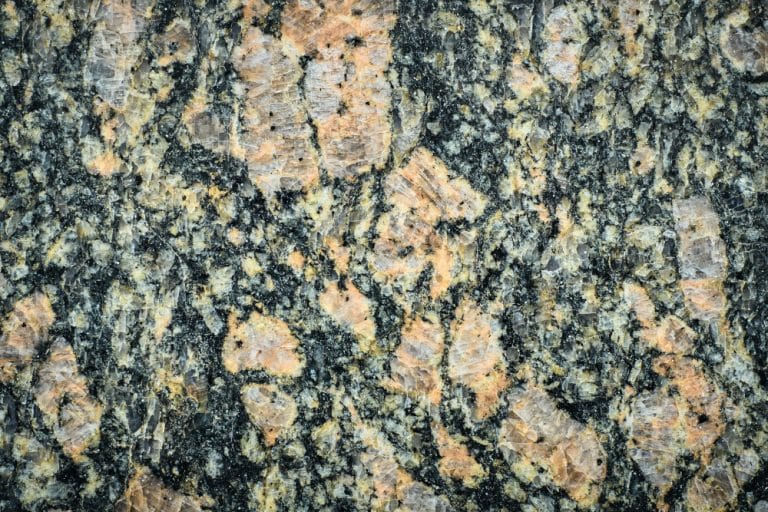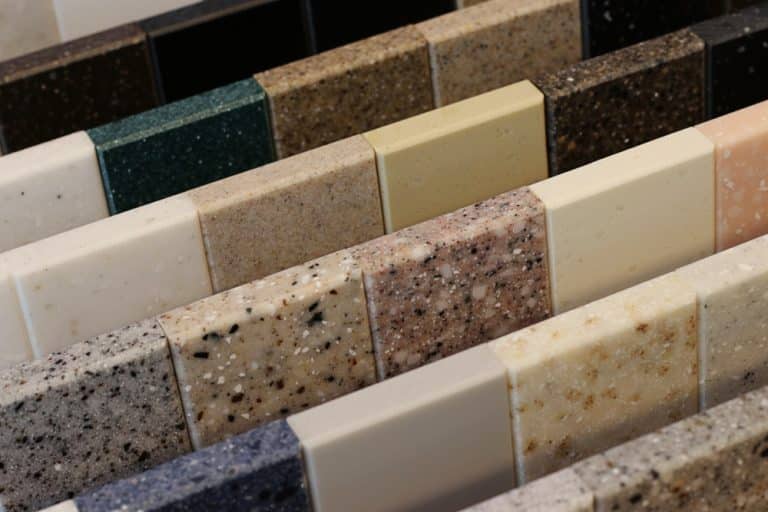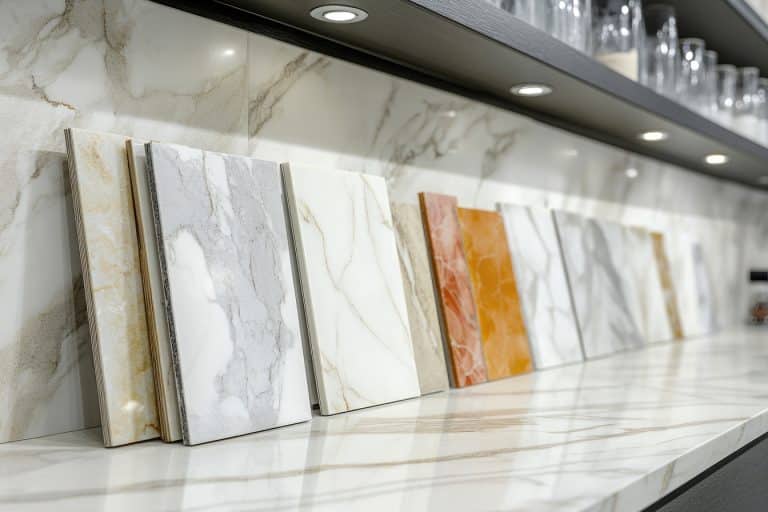Now, more than ever before, consumers are considering the environmental impacts of their purchase decisions. We get it. We understand that many of you wonder about the environmental impacts of installing quartz countertops.
It goes without saying that there are both positives and negatives with quartz countertops. But remember the same is true of any countertop material. Whether you are looking at a natural stone product, a manufactured product, or something made of wood and laminates, producing countertops impacts the environment in some way. As a consumer, you have the freedom to decide what to do with the positive and negative aspects of each choice.
Positive Impacts on the Environment
Quartz is a mineral found mainly in silica sand. Individual pieces are too small to create a solid surface, so they are combined with resins to make quartz countertops. In a sense, quartz countertops are both natural and manufactured. What are the positive environmental impacts? Consider the following:
1. Low Impact Mining
Quartz needs to be mined just like marble and granite. However, compared to most other natural stones, mining for quartz is considered low impact. Quartz can be easily extracted from silica sand. Likewise, silica sand is obtained much more easily than quarrying blocks or slabs of marble and granite. Finally, replenishing mined areas is straightforward and effective.
2. Quartz Countertops Are Recyclable
When quartz countertops reach end of life, they don’t necessarily have to be disposed of in landfills. They can be recycled. Granted, recycling programs are not as abundant as we would like, but more manufacturers are beginning recycling programs. Recycling involves crushing used countertops in the smaller pieces that can be put to use for other things.
3. Long Life Countertops
Quartz countertops are made to last. The material is durable, scratch resistant, less prone to staining, and able to withstand high temperatures. All of this translates into the need to replace quartz countertops less frequently.
4. They Require Minimal Maintenance
Because quartz countertops are so durable, they require comparatively little maintenance. Homeowners do not need harsh chemicals to keep them clean. They also don’t need sealers that are potentially harmful to the environment.
Negative Impacts on the Environment
Overall, we believe quartz countertops have a minimal impact on the environment from both the manufacture and consumer standpoints. But that does not mean they are free from all environmental impact. There are some negatives.
First, manufacturing quartz countertops requires quite a bit of energy. Manufacturers need energy to grind quartz, mix it with resins, and combine and cure the materials.
Two more environmental concerns are silicon dust exposure and transportation. Workers need to be incredibly careful to protect themselves against inhaling the dust during manufacturing. As for transportation, the industry consumes fossil fuels to move materials and finished products.
Choosing Quartz Is a Sound Decision
Given the circumstances, we believe that choosing quartz as your countertop material is a sound decision. Although mining and manufacturing have some negative impacts on the environment, the overall impact is manageable.
As a consumer, we know you want to make an informed decision. We encourage you to learn as much as you can about quartz, granite, marble, wood, and concrete countertops before you make a decision. We are here with the finest quartz, granite, and marble products should you choose one of those materials. Feel free to stop into any one of our showrooms to see our products firsthand.







